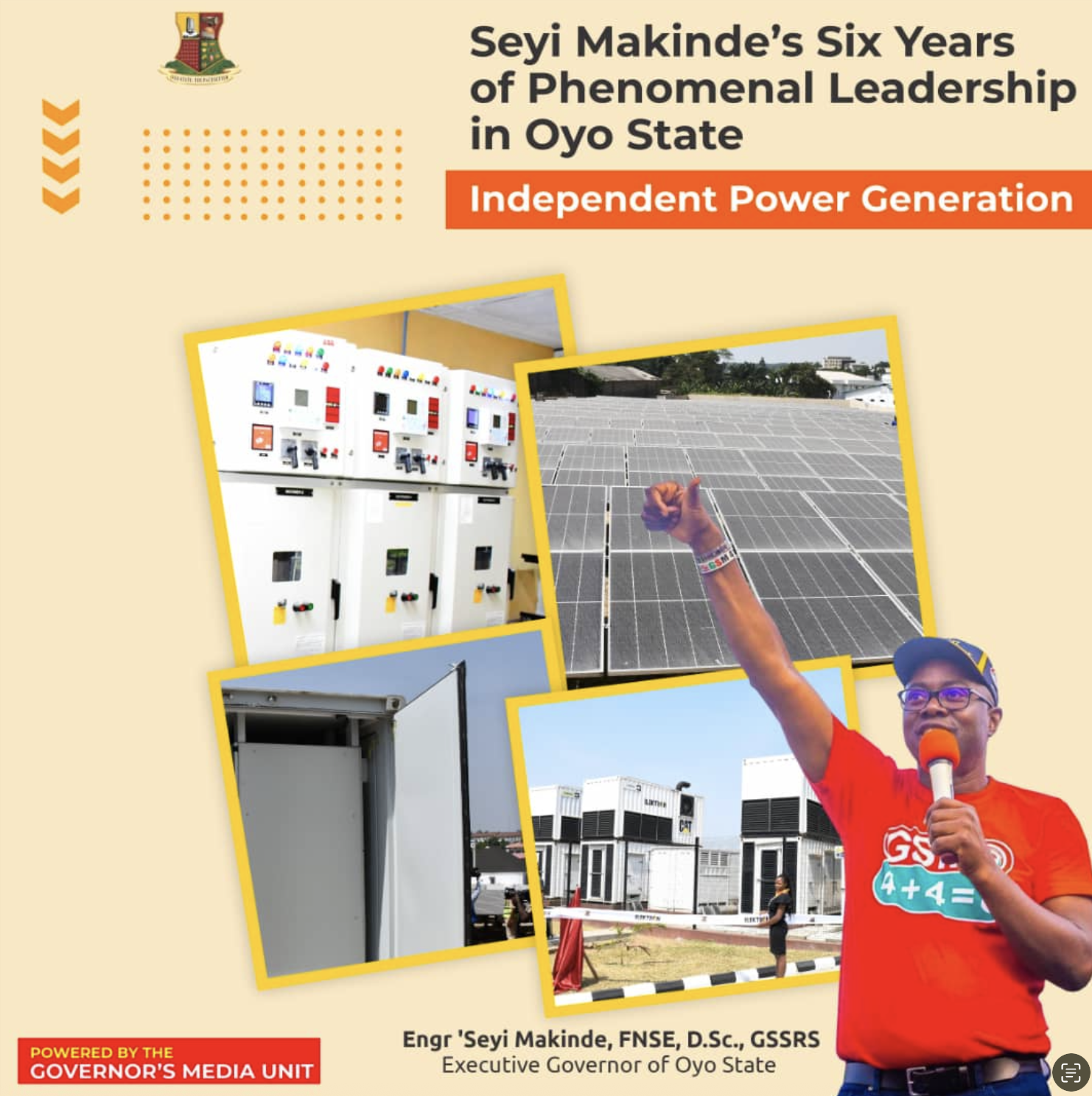The customary courts are a hierarchy of courts that deal with land inheritance, marriage and generally matters involving the people, especially at the grassroots. Presently, in Oyo State, we have in place the Customary Court of Appeal; Grade A Customary Courts and Grade C Customary Courts.
Established under Section 280 of the constitution of the Federal Republic of Nigeria (as amended) subsection (1) specifically states: There shall be for any State that requires it .a Customary Court of Appeal for that State. Subsection (2) deals with the membership of the Court, Section 281 deals with the Appointment of the President and Judges of the Court. Section 282 deals with the jurisdiction of the court. It shall exercise appellate and supervisory Jurisdiction in Civil Proceedings involving question of Customary Court. Section 28(2) empowers the State House of Assembly to prescribe the Jurisdiction of the Court.
Section 283 provides that the Court shall be constituted by a 3 man panel.
Under Section 284, the president is empowered to make rules for the practice and procedure of the court.
For all intent and purpose, the Customary Court of Appeal is an independent court established under the constitution of Nigeria. It is a court of co-ordinate jurisdiction with the High Court of a State/Federation, which is established under Sections 249 & 270 of the Constitution respectively.
Presidents and judges of the court are appointed independently of the Chief Judge and Judges of the High Court and the latter also are appointed independently of the Presidents and Judges of the Customary Court of Appeal.
Appeal lies from the Customary Court of Appeal straight to the Court of Appeal. Oyo State established the Customary Court of Appeal by the Customary Court of Appeal law 2008 (as amended). The law prescribes for the court; a President and eight other judges. Under Section 5(1) the appointment of the President of the court shall be made by the governor on the recommendation of the National Judicial Council and subject to the confirmation of the House of Assembly.
Under Section 5(2) the appointment of a judge of the court is made by the governor on the recommendation of the National Judicial Council. The state Judicial Service Commission (JSC) commenced the process, while persons qualified are required to be recommended by serving judges for shortlisting, in the case of the president, the most senior serving judge of the court is recommended to the National Judicial Council who in turn recommends him to the governor for appointment.
The National Judicial Council has always frowned on picking successors to the seat of the Chief Judge from Customary Court of Appeal and the President of Customary Court of Appeal from the High Court. The cases of Osun, Ondo Abia and Rivers State are instructive.
In the case of Customary Court of Appeal Oyo State, which was inaugurated last year, the number two judge at the High Court was appointed as the president of the court because it was a new court with no judge on ground. The Court is now firmly established with the president and three judges who have been sitting over cases for the past one year and writing numerous judgments and rulings. It will, therefore, be innocuous to continue to tie the court to the Apron string of the High Court, contrary to the provisions of the constitutions and other enabling laws.
To make the court vibrant and to be able to fulfill its supervisory functions of the grade A and C Customary Courts, it has to be independent of undue interference from another court of co-ordinate jurisdiction.
Its law provides for its own chief registrar and other officers of court, its own seal of court, practice and procedure rules and it issues its own notices (e.g. vacation notice).
The president of the court and other judges draw their salaries from the consolidated revenue fund of the federation. It entertains appeals from the Customary Courts Grades A and C and also exercises original jurisdiction in matters concerning chieftaincy, probate and customary marriage.
The current president of the court will retire in January 2020, therefore, the number two judge should be recommended as the new president by the Judicial Service Commission. It should be noted that the said judge acted as the president of the court between June 2018 and October 2018 in which period a total of 172 cases were filed and 83 cases were disposed of.
The Judicial Service Commission was dissolved by Governor Seyi Makinde in June 2019 and has not been reconstituted. The statutory members, however, took it upon themselves to recommend two judges of the High Court to the National Judicial Council as the next president of the Customary Court of Appeal. This is a slap on the constitution of the Federal Republic of Nigeria and should be investigated. Section 5, Part II, third schedule of the 1999 constitution provide for the membership of the State Judicial Commission.
Only the statutory members constituted themselves into the Judicial Service commission, i.e. the Chief Judge, Attorney General, President, Customary Court of Appeal, and sat to recommend High Court Judges for the position of the President Customary Court of Appeal. The other four members of the State Judicial service commission as provided for under section 5(e) (f) of Part II, third schedule are yet to be appointed by the State Governor. The JSC of the state as at now, therefore, not constituted.
Adekunle Ogundeji sent this piece from Ibadan, the Oyo state capital.

























